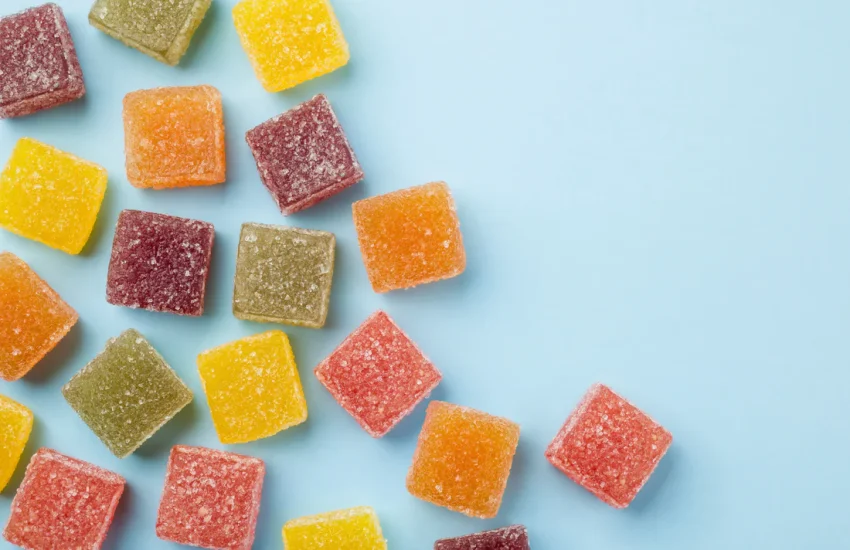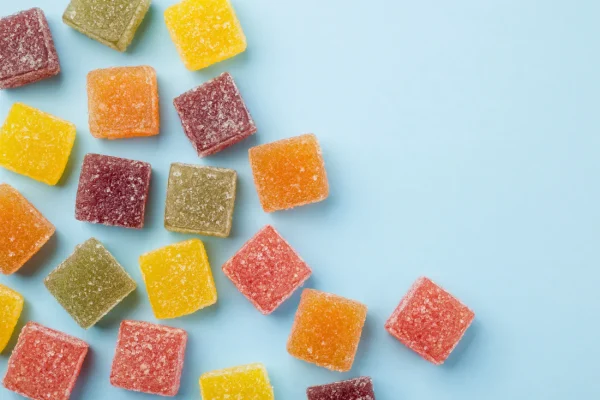DIY Teeth Whitening –Complete Guide
Having a brighter smile is a common desire, leading many individuals in the world to explore teeth whitening (DIY) methods. This blog by Bessemer City cosmetic dentistry will provide you with DIY teeth whitening techniques and discuss various types of remedies.
Some Natural Remedies
Many individuals go for natural teeth whitening treatments due to their perceived safety and simplicity. The most common options are:
- A mild abrasive baking soda is believed to help remove surface stains. However, overuse can cause enamel damage.
- Activated charcoal is known for its absorbent properties, and activated charcoal is thought to lift stains. Precautions are recommended to prevent damage to the enamel.
- Swishing coconut or other oils is an ancient practice believed to kill bacteria and improve oral hygiene, and can result in a whiter smile.
Artificial Remedies
Many artificial remedies for teeth whitening are available at stores. The most common options are:
- Teeth whitening contains abrasive agents and mild chemicals that remove surface stains. Results vary, and long-term use can cause sensitivity.
- Bleaching fabric is a thin, smooth fabric coated with a peroxide-containing gel. Applying directly to the teeth, it is aimed at lightening stains. Its regular use will most definitely whiten your teeth.
- Gel whitening or peroxide pens. When applied directly to the tooth surface, it provides a targeted teeth whitening procedure.
Homemade solutions
DIY enthusiasts often try homemade teeth whitening products using common household ingredients. Some popular options are:
- Strawberry paste is believed to brighten teeth when added to baking soda. Little evidence supports its effectiveness.
- Mix hydrogen peroxide with baking soda to make a supposed stain-lifting treatment. Overuse can damage the enamel, so caution is needed.
- Rubbing orange, lemon, and banana peel on teeth is believed to have natural whitening properties. However, sour fruit can pose a risk to enamel.
Precautions
Regardless of the chosen DIY method, certain precautions are crucial to ensure safety and minimize risks:
- Before attempting any DIY whitening, consult a dentist to assess oral health and discuss suitable options.
- Follow strictly product or remedy instructions, avoiding overuse that may lead to enamel damage or heightened sensitivity.
- Be attentive to tooth sensitivity or irritation and discontinue use if adverse effects occur.
- Prioritize regular dental check-ups, cleanings, and overall oral hygiene to complement DIY whitening efforts.
Always get advice from a dentist.
Your dentist will give good advice on teeth whitening, and you can follow up with them during your treatment. Therefore, make sure to get advice from your dentist before proceeding with teeth whitening.







